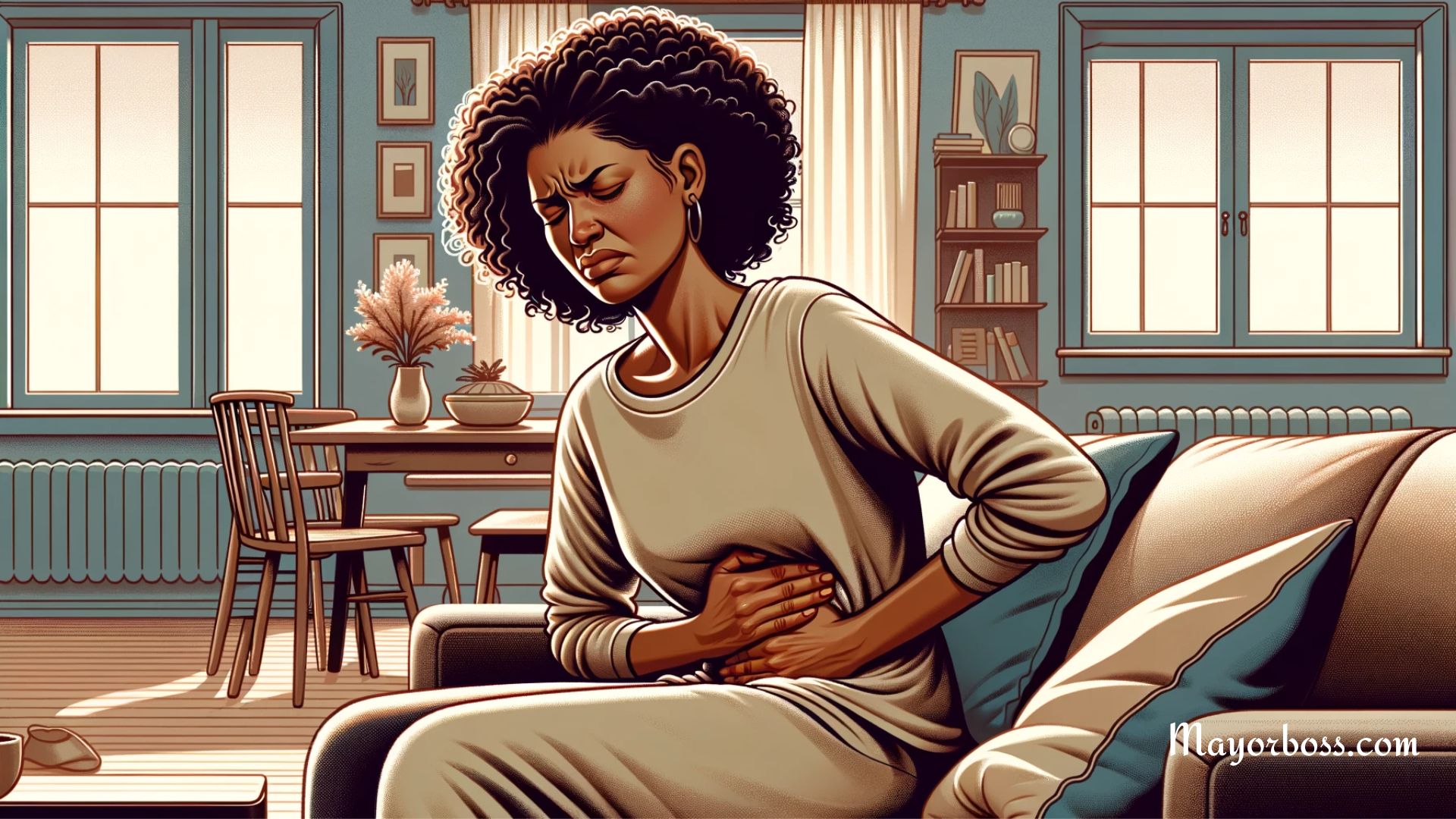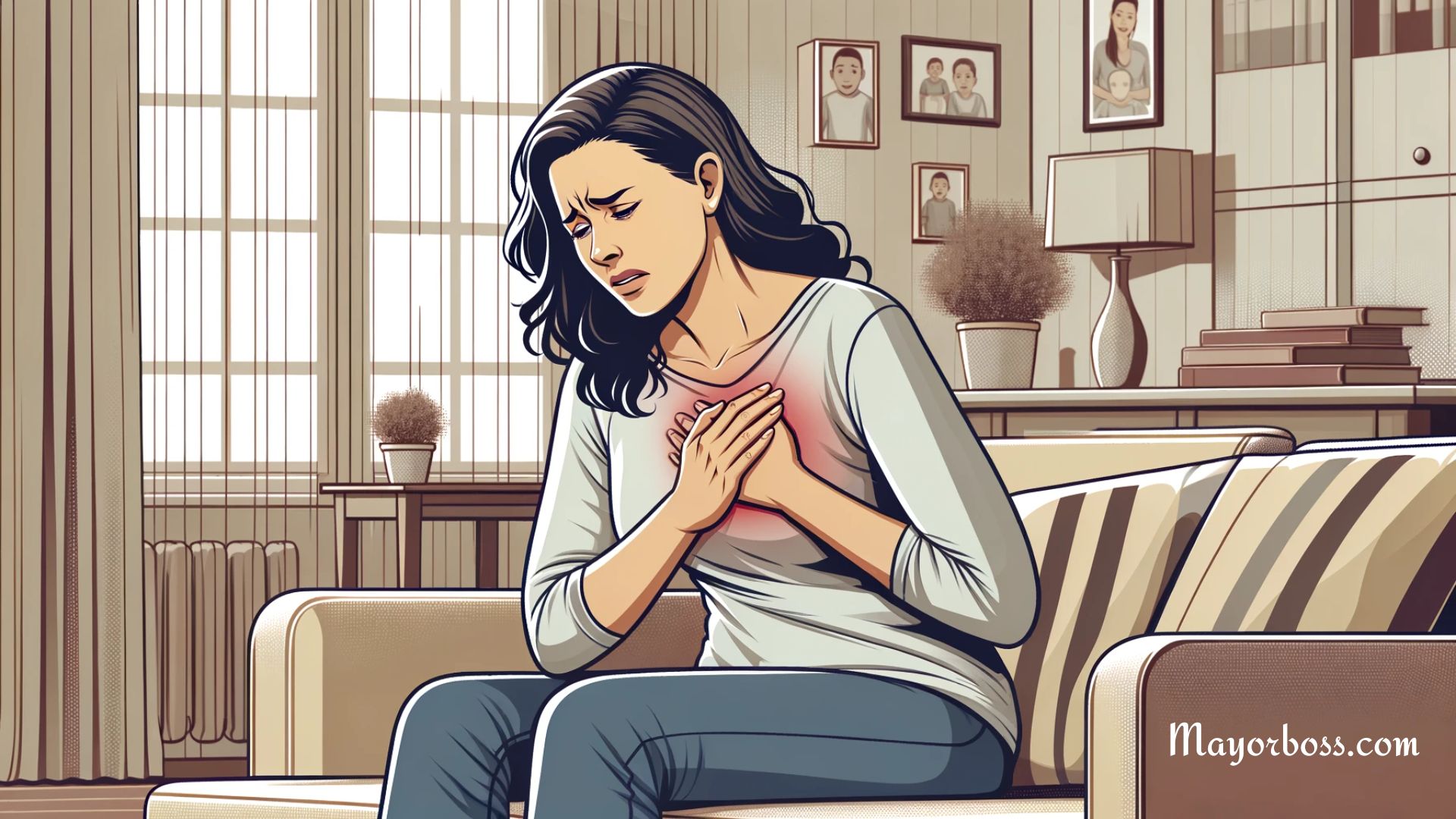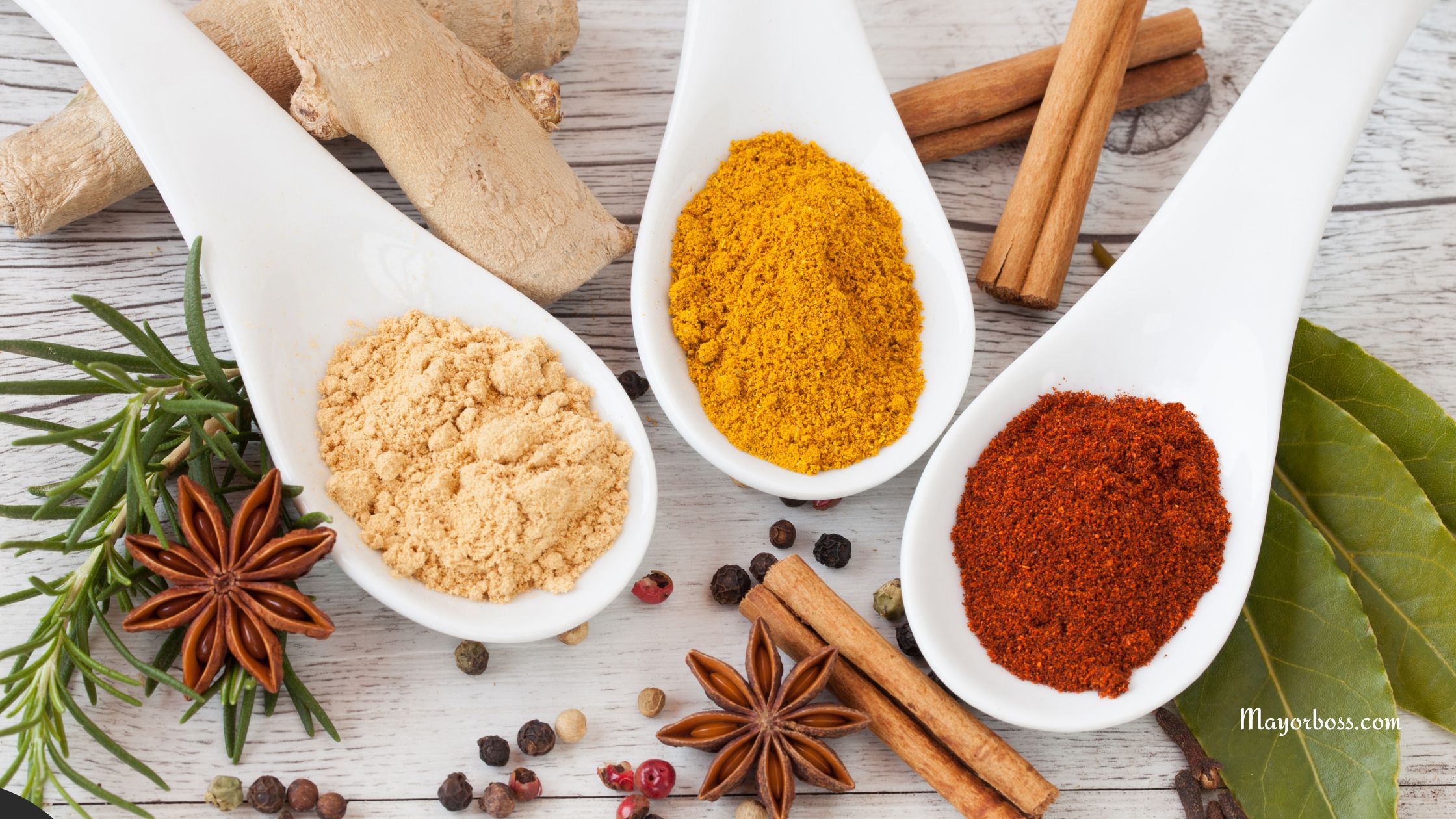7 Early Warnings Your Body Is Low in Vitamin C
Vitamin C also known as L-ascorbic acid, is essential for our overall health, but many of us might not realize when we’re running low on it. This vital nutrient plays a crucial role in keeping our immune system strong, maintaining healthy skin, and even aiding in wound healing. But here’s the thing: our bodies don’t produce vitamin C on their own, so we need to get it from our diet. If you’re not getting enough, your body will start sending you signals. These are the seven early warnings that your body is low in vitamin C.

You May Experience Fatigue That Won’t Go Away
If you’ve been feeling unusually tired, even after a good night’s sleep, your body might be hinting at a vitamin C deficiency. Fatigue is often one of the first signs. You see, vitamin C is essential for the production of carnitine, a molecule that helps your body convert fat into energy. Without enough vitamin C, your energy levels can drop, leaving you feeling drained and sluggish throughout the day.
Your Skin Might Look Dry and Damaged
Are you noticing that your skin has become dry, rough, or more prone to damage? Well, guess what? This could be due to a lack of vitamin C. Vitamin C is crucial for collagen production, which keeps your skin firm and healthy. Without enough of it, your skin can start to lose its elasticity and hydration, leading to dryness and even premature aging. So, if your skin is looking less radiant than usual, it might be time to boost your vitamin C intake.
You Notice Bruises Appearing More Easily
Ever wondered why you’re bruising more easily than usual? It’s possible that a vitamin C deficiency is the culprit. Vitamin C strengthens blood vessels by supporting collagen production. When your body doesn’t have enough vitamin C, your blood vessels can become weaker, making it easier for bruises to form, even from minor bumps. This could be your body’s way of telling you that it needs more vitamin C.
Your Gums Might Be Bleeding or Swollen
Bleeding gums are another classic sign of low vitamin C levels. If you observe that your gums bleed when you brush or floss, it could be because vitamin C is essential for gum health. A deficiency can lead to inflamed, swollen, and bleeding gums. In more severe cases, it can even progress to gingivitis, a more serious gum disease. So, if your oral health isn’t what it used to be, consider adding more vitamin C-rich foods to your diet.
Wounds Take Longer to Heal Than Usual
If you’ve detected that cuts or wounds on your body are taking longer to heal, your vitamin C levels might be to blame. Vitamin C is vital for the production of collagen, which is necessary for wound healing. Without enough vitamin C, your body struggles to repair tissue, leading to slower healing. This can be particularly concerning if you have other health conditions that already make wound healing more challenging.
You May Develop Joint Pain That’s New
Vitamin C deficiency can also show up as joint pain, especially in the knees, ankles, and elbows. This pain is often due to inflammation caused by the lack of collagen, which is essential for the health of your joints. In severe cases, a deficiency can even lead to scurvy, a disease characterized by joint pain, swelling, and bleeding. While scurvy is rare today, milder forms of vitamin C deficiency are still common and can cause discomfort.
Your Immune System Feels Weakened
Lastly, if you find yourself catching colds more often or taking longer to recover from illnesses, it could be due to low vitamin C levels. Vitamin C is well-known for its immune-boosting properties. It helps your body create white blood cells, which are crucial for fighting off infections. One of the primary reasons most individuals take vitamin C supplements is to increase their immunity. So, if you’re frequently feeling under the weather, it might be a sign that you need to up your vitamin C intake to support your immune system.
Boosting Your Vitamin C Intake Is Easier Than You Think
If you’ve recognized any of these symptoms in yourself, don’t worry—it’s easy to increase your vitamin C intake. Foods like oranges, strawberries, bell peppers, and broccoli are packed with vitamin C and can help you get back on track. Keep in mind it’s always a good idea to consult with your physician if you’re concerned about your vitamin C levels. But by simply adding more vitamin C-rich foods to your diet, you can help your body regain its strength and vitality.






